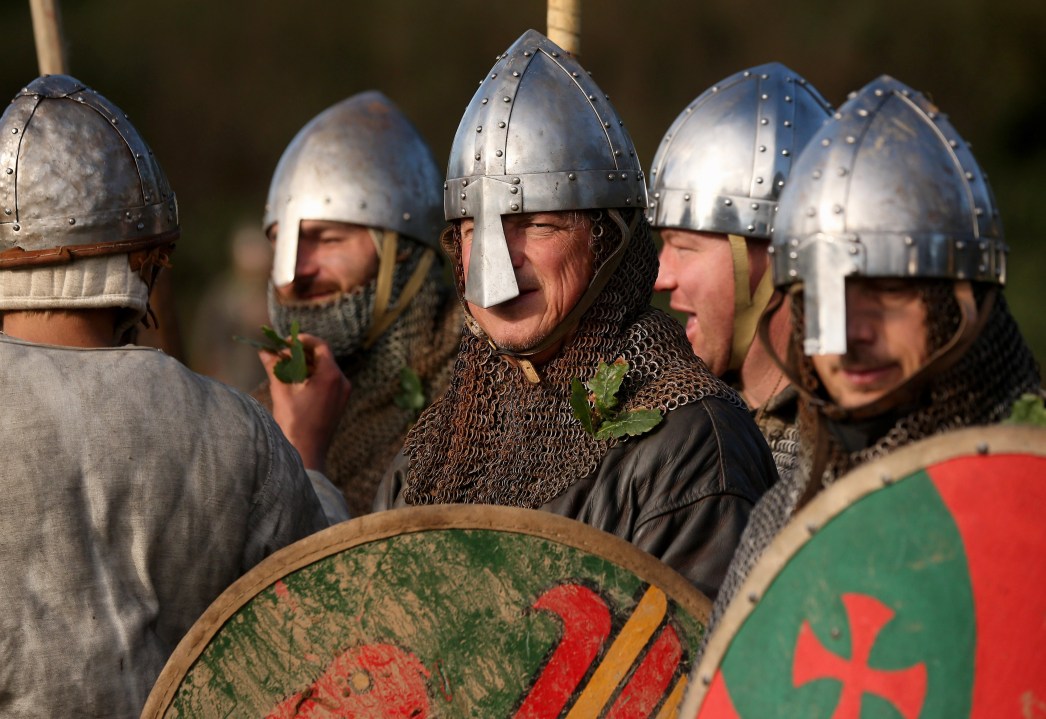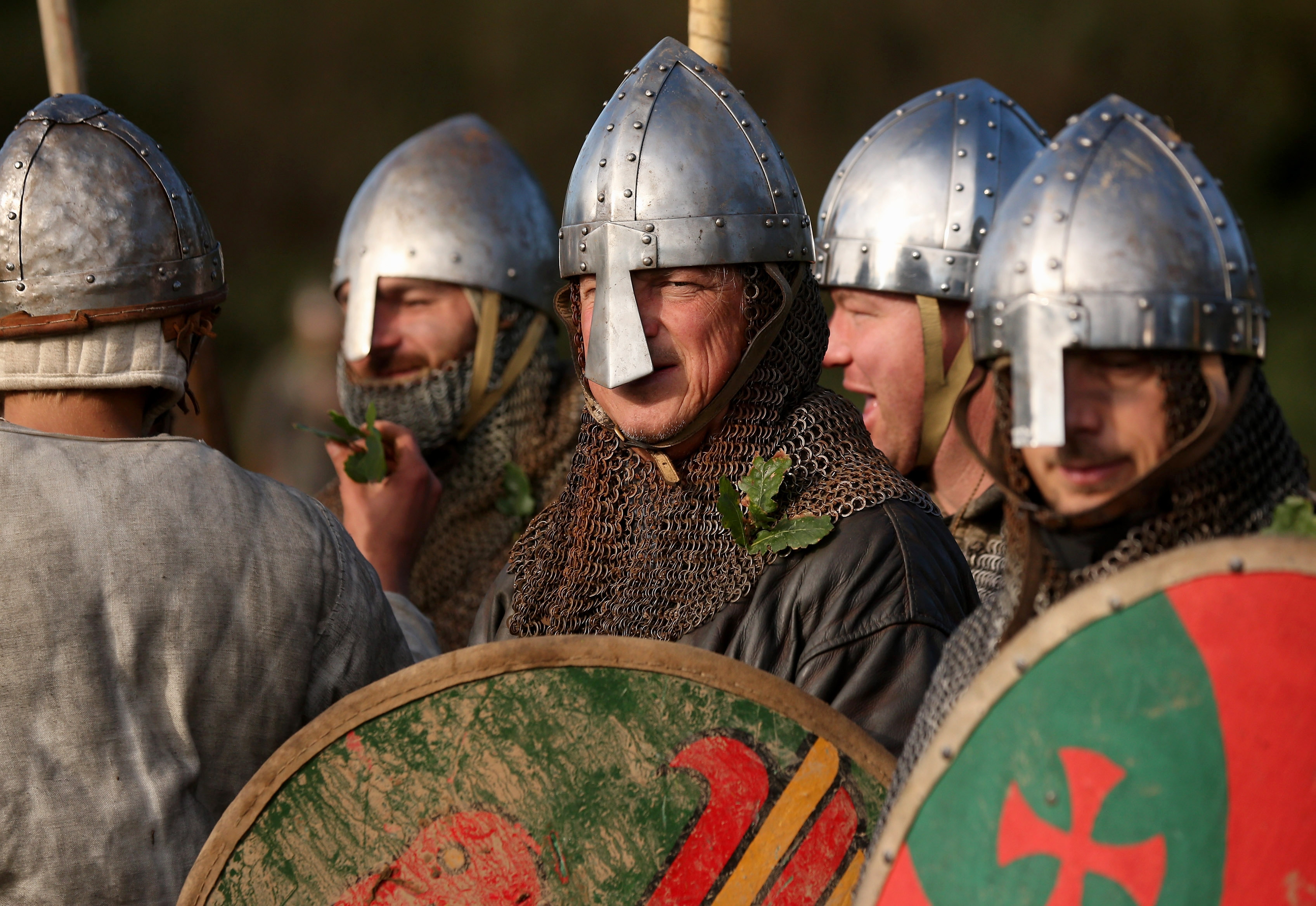Martin Kettle has a column in today’s Guardian lamenting the inadequacy of the teaching of English history in schools today. He suggests that “the English people are increasingly cut off from their own history.” Is this so? Possibly! But then he makes the mistake of presuming the English are unusually unfortunate in this respect. To wit:
It is a fair bet that today’s young Scots know more about Scotland’s history, today’s young Welsh more about Wales, and today’s young Irish more about Ireland than today’s young English know about England. In fact the nature of their own historical experiences may mean that the Scots, the Welsh and the Irish also know more about England’s history than the English do.
I suspect most of this is pretty unlikely. History is no more a compulsory subject in Scotland than it is in England and there is little consensus on what quantity of Scottish history the syllabus should contain. The Wars of Independence are a safe subject because everyone can agree about them (hint: the Good Guys win). But much of the rest of the time there’s but a brief nod to the usual suspects (Mary Queen of Scots, 1707, Bonnie Prince Charlie) before rushing to the “easier” or “more relevant” post-Victorian social history.
That said, history is an unusual subject and devising a coherent curriculum that gives most children a useful grounding while also allowing for a deeper engagement – whether thematic or chronological – at the higher levels of study is a damn difficult task. And not just because determining which areas should be studied is, invariably, a political choice. There is also the problem that there’s so much history.
Then again, I probably have an atypical perspective on all this. I was given an English education in Scotland. I did GCSEs and A-Levels rather than Scottish exams. Indeed from the age of 13 I learned no Scottish history at all. And almost no British history either.
GCSE took in the causes of the First World War, the Russian Revolution and, if I remember rightly, the Wars of the Roses. Some attention was also devoted to parliamentary and social history from the Second Reform Act (1867) to the establishment of the Welfare State.
A-level was a four-part problem. An outline course on English history from Henry VII to Elizabeth I coupled with an outline of european history covering much the same timescale and thus, of course, the birth of the modern nation state. The Nazis, inevitably, formed a separate “special subject” and the course was completed by an extended (4,000) word essay on a topic of our choice. (I think I did mine on the development of German nationalist thought in the 19th century. That was a pretty lazy option, frankly.)
None of this was terrible and I was fortunate to have some able teachers. But, though your experience may of course differ, mine did not offer a terribly coherent approach to English, far less British, history. Indeed, the making of Britain did not feature at all.
This is not one of those areas in which there is an obviously “right” answer or approach. A weary chronological slog through the centuries is not necessarily the most appropriate syllabus either. At the same time, one would like to think there could be some attempt to forge a reasonably coherent narrative.
Kettle suggests that the English learn very little English history. He may be correct. But I fancy they still learn very little British history either. There is nothing wrong with studying Nazi Germany (indeed it’s probably important children learn something about it). Nor is it regrettable that many children now also learn something about the history of the United States.
Nevertheless, something is missing. I suspect some courses do feature the making of Britain prominently but I also hazard that these are less popular options than many of the others available to teachers and, in the end, pupils. To a degree that is understandable: the 17th century is a devilishly complicated business in which the “narrative” is not always clear.
Nevertheless I can’t help but feel pupils in both the Scottish or English systems would be well-served by outline courses covering the period 1603-1832. The Wars of Independence, the Wars of the Roses and the Reformation are each important matters but it is curious, surely, that relatively few children actually study the history of the United Kingdom?
Nor is it dull stuff! The English Civil War – or, more properly, the War of the Three Kingdoms – is but a part of it. There’s the development of the modern political state, the rise of parliament, the beginnings of Empire (from America to India) plus, of course, the struggle with France. And the Act of Union! Add the Enlightenment and revolutions in science, industry, agriculture and trade and you have the makings of a pretty spiffing set of stories. And that’s before you even consider domestic agitation leading to the Great Reform Act.
Too much, perhaps, for everything to be covered (even at A-level or Higher) but there’s ample room on this map for teachers to plot their own course and lay their own emphasis where they see fit (a Scottish-based approach, for instance, would necessarily be different from an English-centred tack).
Perhaps, mind you, I’m prejudiced in favour of this kind of course precisely because it was not what I studied at school. Paths not trod are often more attractive than those we actually took way back in the day. Even so, the 17th and 18th centuries were the birth and making of modern Britain. It seems odd that even when given the opportunity to study these times so few pupils, be they north or south of the Tweed, actually do so.
So, two questions for you all: what history did you study at school and what history would you like your kids to learn?








Comments